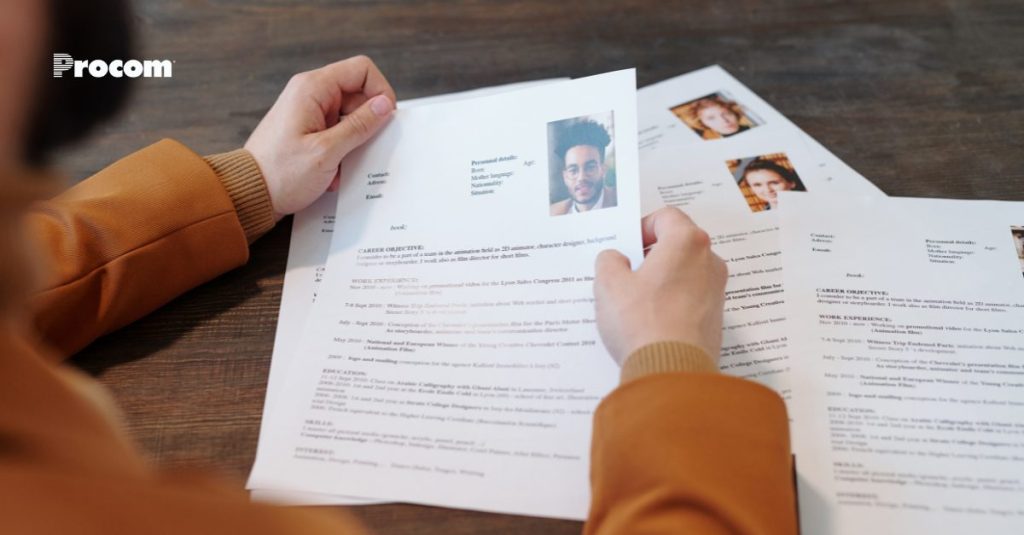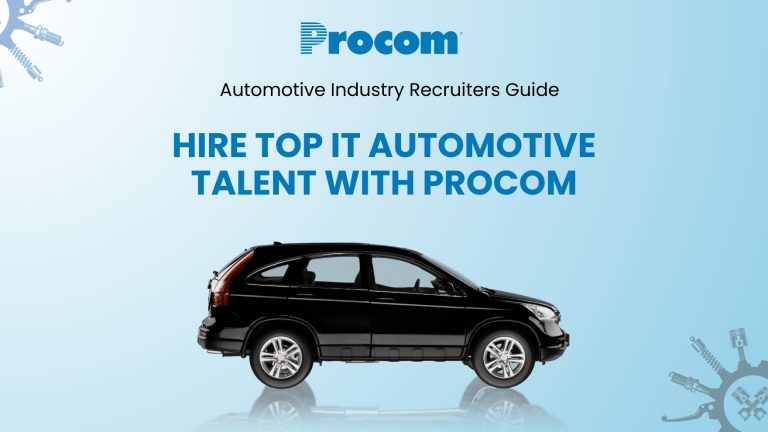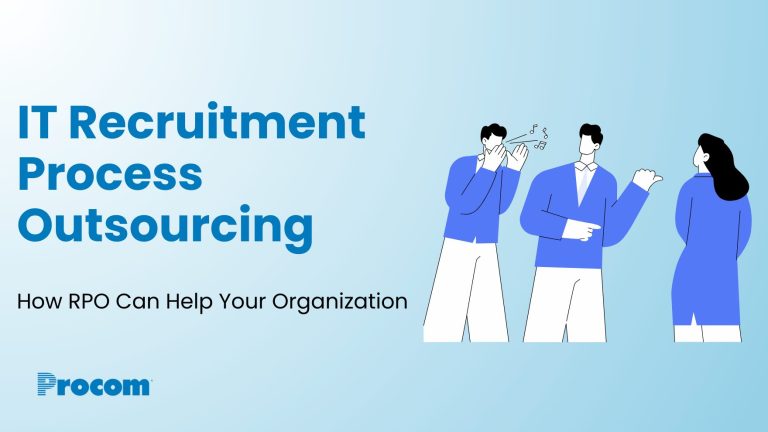Properly done, reference checks are an excellent opportunity to verify all the key issues in your hiring decision for the candidate – ranging from qualitative information about a candidate’s skill set, strengths and weaknesses, character traits and overall ability to perform the job they are being considered for.
There are a few different types of reference checks; however, great references start with effective preparation and ensuring you are prepared to ask the right questions. A great way to do this is to draft a script to ensure you stay on-topic and ask the questions you need to ask when checking references.
When it comes to the final stage in the acquisition process, are you conducting a reference check with a former boss or current BFF? An unprepared Hiring Manager may not know the difference – exposing the organization to the pricey, yet avoidable, impacts of the cost of a bad hire.
Common mistakes Hiring Managers make
A common mistake Hiring Managers make is viewing candidate references as small formality in the final stage of the acquisition process.
But viewing reference checks like they’re a formality is a mistake, in fact, a recent survey reports that about one in three candidates (34 percent) is removed from consideration for a position with their company after their references are checked.
Checking references is a critical step that every hiring team must take before initiating a job offer. However, before learning how to prepare for a candidate reference check, it will help to know why they’re so important.
What, exactly, are candidate reference checks?
A reference check is essentially a type of interview, except instead of engaging with the candidate you are interviewing someone who knows the candidate – so it’s crucial to also verify your candidate’s reference.
A great Recruiter will start thinking about the strategy and direction of their reference checks right at the very beginning of their hiring process while developing the Position Description and Interview Guide.
They will then use the information developed in the interview process to develop thoughtful questions during a candidate reference check to uncover whether a candidate is capable of performing the job. References are critical as, unlike resume or interview performance, they provide independent verification into what that candidate is actually like while on the job.
Preparing for a candidate reference check
When conducting a reference check, the company will ask questions that elicit a non-biased opinion of the candidate from a former employer or manager on his or her strengths and weaknesses and overall ability to do the job at the previous company.
It will also help to know: Reference checks are considered privileged information, and the person giving the reference about a candidates’ job or work performance cannot be legally accountable if the reference was provided as an honest opinion about the job or work. During the reference check phase, no references can be communicated to any third parties outside the hiring team.
The importance of having a candidate reference script prepared.
For professional hiring processes, References are typically provided by individual’s manager, a workplace peer or an indirect colleague. For managerial hires, you might also consider references from prior subordinates. Each type of reference offers different opportunities to better understand the candidate’s past workplace behavior and check different aspects of your rationale in selecting them for a given position.
Regardless of who you are calling, people are busy and that means you should plan your reference script in advance and really focus on the right questions that will help you understand the candidate’s potential and make a great hiring decision.
An effective script will help you keep the call focused, and ensure you have time to present all of your questions. It will also help you plan the individual structure of your questions so you stand a better chance of eliciting useful information and ensure you don’t forget anything important.
Setting up your candidate reference questions
When checking references, it is important that you have a very clear understanding of why you are interested in hiring the particular candidate in question. These insights should come from your interview scorecard, and will provide a roadmap to the soft skill and hard skill questions you should cover in the references, in order to double check your initial conclusions about the candidate are valid.
When contacting a candidate reference, start the conversation by introducing yourself and give the reason that you’re calling on behalf of a candidate who listed them as a reference.
Then, make sure to have your soft skill and hard skill questions in front of you – to also provide additional guidance.
Soft skill questions
Soft skills refer to communication skills that have to do with the human element of interacting with others.
During a candidate reference check, it’s important to learn how the candidate can communicate while performing the job or work at a previous company. However, you also want to uncover how the candidate got along with colleagues and managers during a previous job and how well he or she can articulate their thoughts to stakeholders.
When uncovering candidate soft skills, examples of questions to ask are:
• Tell me a bit about their personality.
• Can you tell me about a time where project deadlines or time management was a critical issue? How did they handle this?
• Can you provide me a sense of the candidate’s career growth and professional development at your organization?
• How did the candidate’s position or capabilities grow during their time working with you?
• Can you tell me about a situation at work that involved conflict? What type of conflict and how was it resolved?
• What do you think would be the ideal position for this person in the next phase of their career?
• Can you tell me about a time where the candidate was required to work closely with stakeholders? What was required and how did they approach this? What was the outcome?
Reference questions should always be customized against the specific position requirements and things you have learned about the candidate up to this point in the hiring process. As a result, the above list is useful as a general indication of the types of things that can be asked, but you’ll need to do the work of building a script for your specific situation.
The reason you want to know and ask about these soft skills from a previous colleague or manager is to get a sense of whether the candidate will fit with your organization’s corporate culture and current employees.
Hard skill questions
Each job requires specific tasks that need to be completed and preparing your script to ask about hard skills gives you a sense of what a previous manager believes the candidate is capable of from a technical perspective.
When uncovering candidate hard skills, examples of questions to ask are: • What were their duties at work?
• Can you highlight a particular accomplishment of the candidate’s at your organization? What was it and how did they contribute?
• How did your company evaluate the candidate’s performance?
• How would you characterize this person’s performance vs. peers?
• Can you share an example of a time that the candidate was required to work on X topic? What was the issue and how did they contribute?
• What was your role in working with the candidate on these projects?
As with the soft skills above, this is a general list but you’ll need to customize it and do the work to build something useful for your specific hiring situation.
Asking the right questions from a candidate’s previous manager/ colleague will give a good indication of what the candidate’s actual technical skills are like.
Outline the type of role the candidate is being considered for
Once you’ve asked your general reference questions, it can be helpful to review your job description with the Reference contact and ask for their opinion if the candidate will be a good fit. It can also be helpful to ask if they have any coaching or management recommendations for you, that will help the candidate be successful in the role.
How a candidate performed work in the past will give a useful indication of helping you understand their past performance. Of course with any hiring decision, you’re really making a prediction about future performance and the candidate’s ability to grow and develop with their new position and your organization.
Being prepared for a reference call will help you take advantage of the time you have with someone who has previous experience working with the candidate – and this time is priceless to finding the right fit and avoiding the cost of a bad hire.
The Voice of Talent: Return to the Office Report
Procom recently surveyed over 1,000 knowledge workers to discover how and where they prefer to work as offices re-open across North America.
The Voice of Talent Report offers actionable insights into what workers expect in relation to mandatory vaccinations, remote work preferences, The Great Resignation, COVID-19 safety measures and more.
Access your complimentary copy to discover how to attract talent in a post pandemic world:





